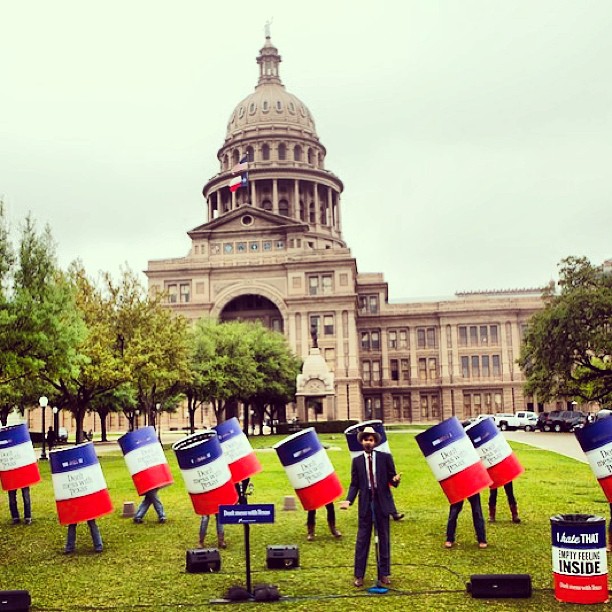Toronto Councillor Paul Ainslie is halfway onto something when he heads to the CRTC to complain about Mayor Ford’s ROBocalls into the councillor’s ward for reasons that matter not in the grand scheme of things.
I posit that Ainslie should file a companion complaint about the Mayor of Toronto having a dedicated program on radio to the exclusion of other City of Toronto councillors, who deserve the same opportunity and equal time.
For 30 years Rogers Communications produced a call-in Cable 10 television program called “Straight Talk” hosted by the mayor of the day in what was then the City of North York. I was Mel Lastman’s story producer on the show for twelve seasons as his communications director. For its time “Straight Talk” was a pioneering effort and proved to be a very popular format, providing unfiltered, unbridled and exclusive time for the politician to voice opinions and hear directly from the voters.
At some point during the show’s long run, in the 1980s, another North York Council member, rival Barbara Greene, filed a complaint to the CRTC, arguing that it was unfair that only the mayor should have airtime on the Rogers Community 10 station. Eventually, whether as a result of CRTC intervention or Rogers’ acquiescence, the station made programming adjustments so that all council members, in rotation, had access to airtime in a format similar to the mayor’s. Thus the Rogers program City Views was born.
Radio and television stations commit to fairness and objectivity and, therefore, hold an obligation to accommodate the voices and opinions of all members of Toronto Council using a fair and even formula.
This not only provides a balance to the views expressed on air by the Mayor of Toronto, it gives each member of council an opportunity to showcase his or her opinions in an equal manner. Audiences are better served by the delivery of a broader range of views and vantage points. Media outlets are mandated to achieve that equilibrium.
One must observe that there are rules governing campaigns and elections, political advertisements and the timing of such activities. Providing equal access to all duly elected politicians will address the criticism that a mayor’s talk show constitutes pre-election campaigning and advertising during a blackout period.
Let’s have the CRTC consider the matter of political call-in programming as it applies to its licensees. That, for Ainslie, could be the more cogent argument.
I posit that Ainslie should file a companion complaint about the Mayor of Toronto having a dedicated program on radio to the exclusion of other City of Toronto councillors, who deserve the same opportunity and equal time.
For 30 years Rogers Communications produced a call-in Cable 10 television program called “Straight Talk” hosted by the mayor of the day in what was then the City of North York. I was Mel Lastman’s story producer on the show for twelve seasons as his communications director. For its time “Straight Talk” was a pioneering effort and proved to be a very popular format, providing unfiltered, unbridled and exclusive time for the politician to voice opinions and hear directly from the voters.
At some point during the show’s long run, in the 1980s, another North York Council member, rival Barbara Greene, filed a complaint to the CRTC, arguing that it was unfair that only the mayor should have airtime on the Rogers Community 10 station. Eventually, whether as a result of CRTC intervention or Rogers’ acquiescence, the station made programming adjustments so that all council members, in rotation, had access to airtime in a format similar to the mayor’s. Thus the Rogers program City Views was born.
Radio and television stations commit to fairness and objectivity and, therefore, hold an obligation to accommodate the voices and opinions of all members of Toronto Council using a fair and even formula.
This not only provides a balance to the views expressed on air by the Mayor of Toronto, it gives each member of council an opportunity to showcase his or her opinions in an equal manner. Audiences are better served by the delivery of a broader range of views and vantage points. Media outlets are mandated to achieve that equilibrium.
One must observe that there are rules governing campaigns and elections, political advertisements and the timing of such activities. Providing equal access to all duly elected politicians will address the criticism that a mayor’s talk show constitutes pre-election campaigning and advertising during a blackout period.
Let’s have the CRTC consider the matter of political call-in programming as it applies to its licensees. That, for Ainslie, could be the more cogent argument.


 RSS Feed
RSS Feed